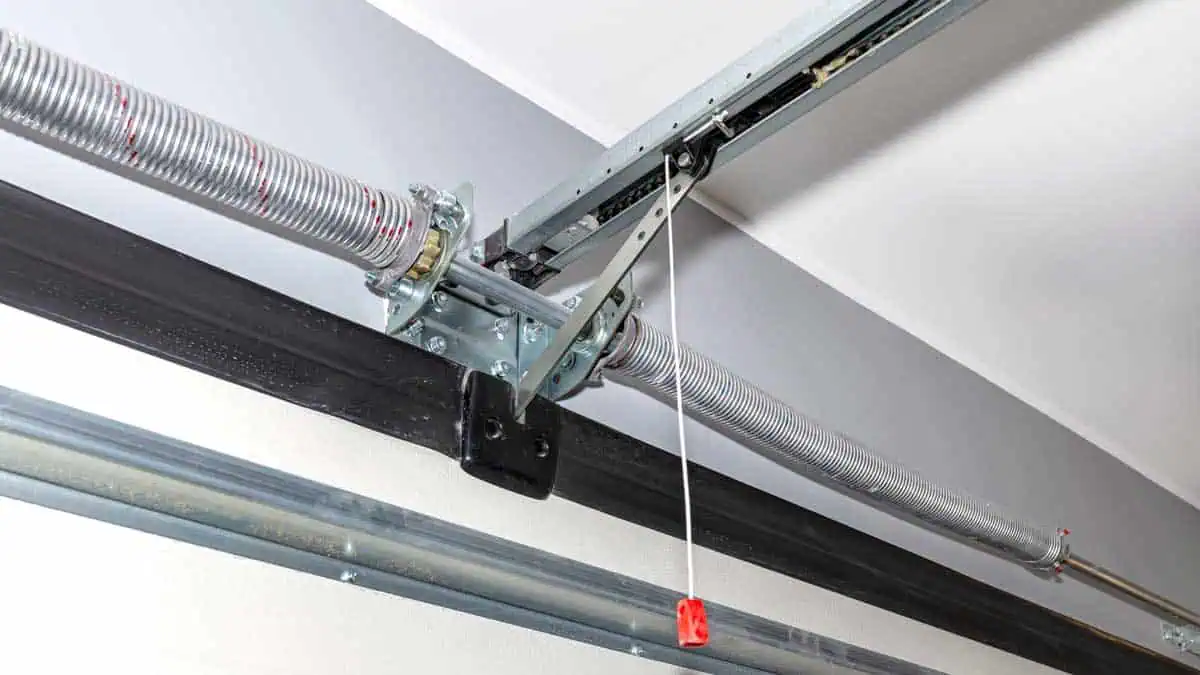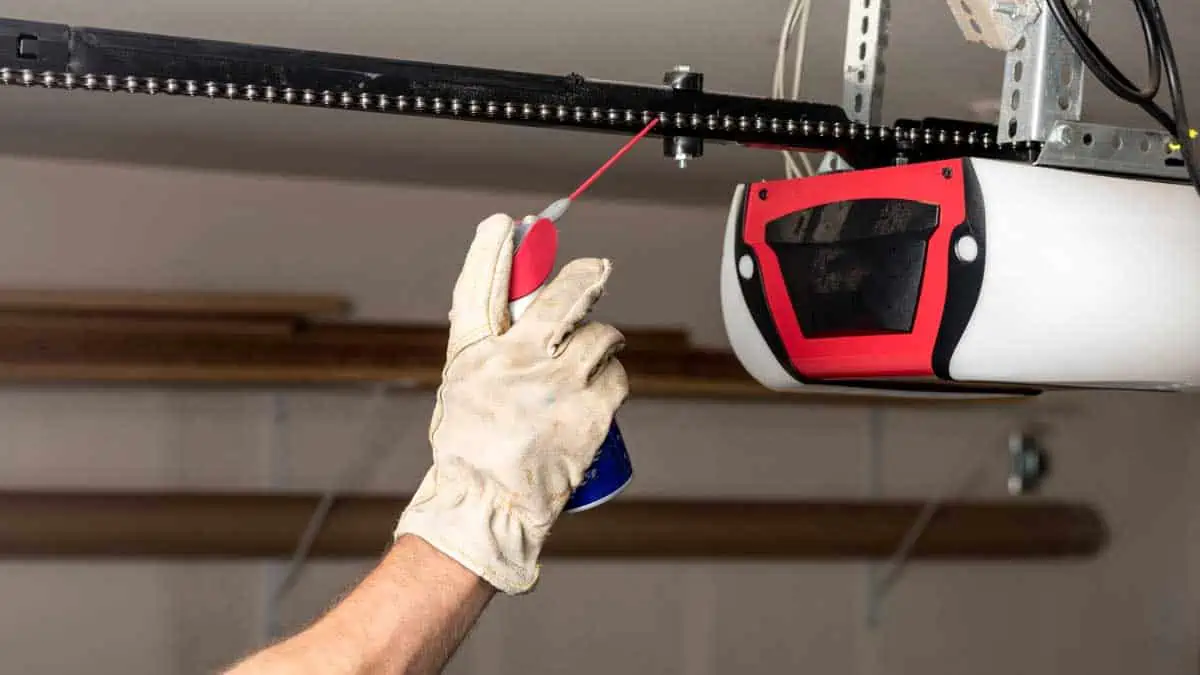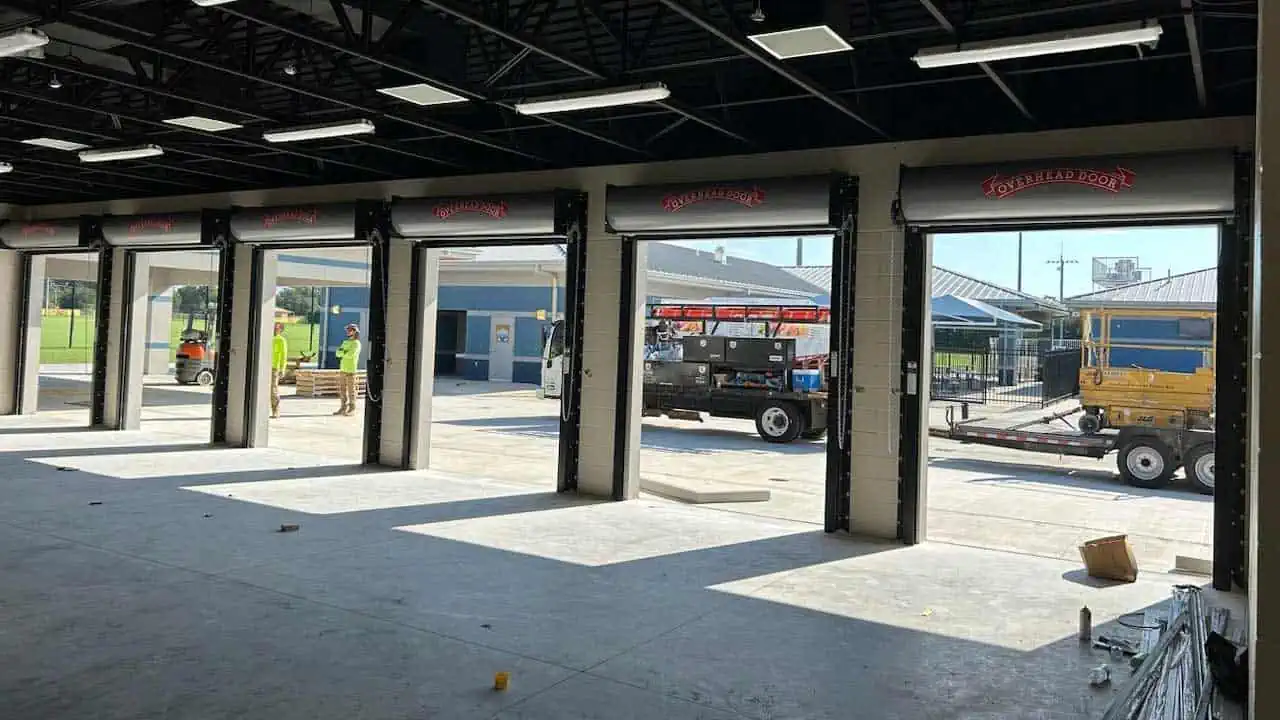Garage door inspections are a really important part of saving time, money, and the lifespan of your garage door. By being proactive, getting garage door repairs and tune-ups before anything drastically breaks about your door, you’ll keep your door in working order. It might seem smart to avoid inspection until something goes wrong—but when something goes wrong, it’s usually inconvenient and more expensive than regular inspections!
In this post, we’ll talk about some things you can do through an at-home inspection, and what a professional inspection can help do:
Can I Inspect My Garage Door Myself?
Absolutely! An at-home inspection done by you can be really helpful for identifying any minor issues with the garage door that can be resolved before something major and serious happens.
While you go through your inspection, you should attempt to clean and lubricate the door as you go to support quality working.
It can be difficult to do a complex inspection on your garage door, but as you clean and lubricate the door, you should also check for a few things:
Broken Parts
Obviously, if you notice that there are parts that are broken on your garage door, you should look into replacing them yourself or calling an expert to have them replaced. Even if the garage door seems to be working properly, you may not know precisely what those parts are supposed to do. The door may work for a little bit, but the broken parts may compromise the overall integrity of the door in the long run.
Improper Functioning
If your door moves too slowly or quickly, or jerks along the track as it starts to open or close, then you might have a problem with the track, balance, rollers, bearings, or even cables. Honestly, if the door is moving weirdly, it could be almost anything, since moving is the primary function of the door!
You might be able to find the source of the rattling and improper movement and make a correction. Sometimes a bit of cleaning and lubricant will clear things up. Other times you may just have to repair or swap out a single part. If you aren’t quite sure how to fix it, call the pros!
Odd Noises and Rattlings
Even if your door seems to be going up and down just fine, there might be odd rattlings and noises which are predictive of problems that are about to become a lot bigger! If you can locate the source of the noise and rattling, then you might be able to tighten or lubricate those pieces to prevent further damage or breakage. If that doesn’t help, you might be able to replace specific pieces in order to solve the rattling.
What Does a Professional Inspection Include?
Tracks and Working Function
You want your door to open and close when you need it to! That’s the basic function of the garage door, and that’s the basic thing that an inspection covers. You’ll get everything checked that supports the essential functioning of the door.
By examining the tracks and all the brackets, bars, drums, and cords, you’ll ensure that your door doesn’t just randomly stop working. If anything is damaged, it can usually be replaced during the inspection right on site!
Seals
Your garage door should fit perfectly into its slot and have a number of weather seals that prevent wind, air, snow, and rain from getting into your garage. If the door or the frame warps over time, then it may not sit properly which can damage your house or the door itself.
Safety Parts
Your door has both motion sensors and pressure sensors which are designed to help prevent the door from crashing down onto a person, object, or pet. When those parts go bad, the consequences can be disastrous. It’s also tough to ensure that they’re in working order because you don’t really need the safety parts until the door is about to hit something! By having these parts regularly inspected, you’ll maintain the safety of the door.
Motor
A garage door opener has a number of gears, belts, batteries, and drives. If any one thing goes wrong, it can stop the opener from working and even cause additional damage to your garage door.
Force Limits and Structure
As your door is used over time, the force that it can take on and the structure of your whole garage opener can begin to warp and break down. During an inspection, you can see if anything needs to be tightened or improved in the overall structure of the garage door. Sometimes extra braces and brackets can be installed so that your door continues to work perfectly!
Springs and Cables
Most garage doors include cables and springs which are under a lot of tension and help bear the weight of the door. If these things break down, your door could crash, the motor could be overstrained, or you could even find that a dangerous breakdown occurs!
Why a Regular Garage Door Inspection is Important
Prevent Bigger Problems
A lot of minor problems with garage doors can be solved before they become major problems as long as you have them inspected and repaired. By committing to regular inspections, you’ll help prevent bigger problems from occurring with your garage door.
Save Time
Having your door inspected when it’s convenient for you is much better than having it break when it’s inconvenient for you! By choosing to have your door inspected, you’ll save time by preventing more breaks or bigger amounts of damage.
Save Money
You can also save money with garage door inspections. While it seems like you’ll be spending more money, because you’ll be paying for inspections, you’ll probably save money over the lifetime of your garage because you’ll stop major breaks from occurring. You can also drastically extend the lifespan of your garage door by having it regularly inspected.
Conclusion
Regular garage door inspection may seem like just another thing to think about, but if you set up a regular schedule and keep your appointments you’ll be able to keep things in working function! And that’s a much better option than suddenly dealing with breaks and major repairs.







